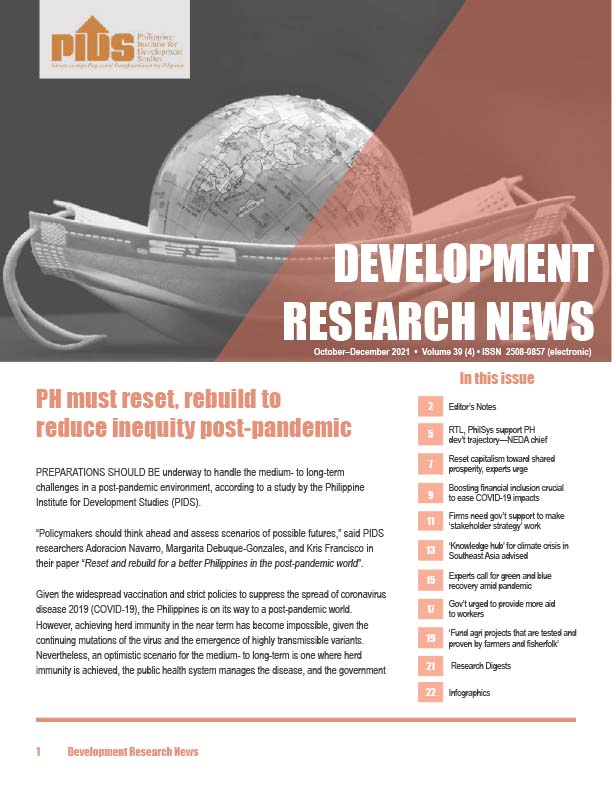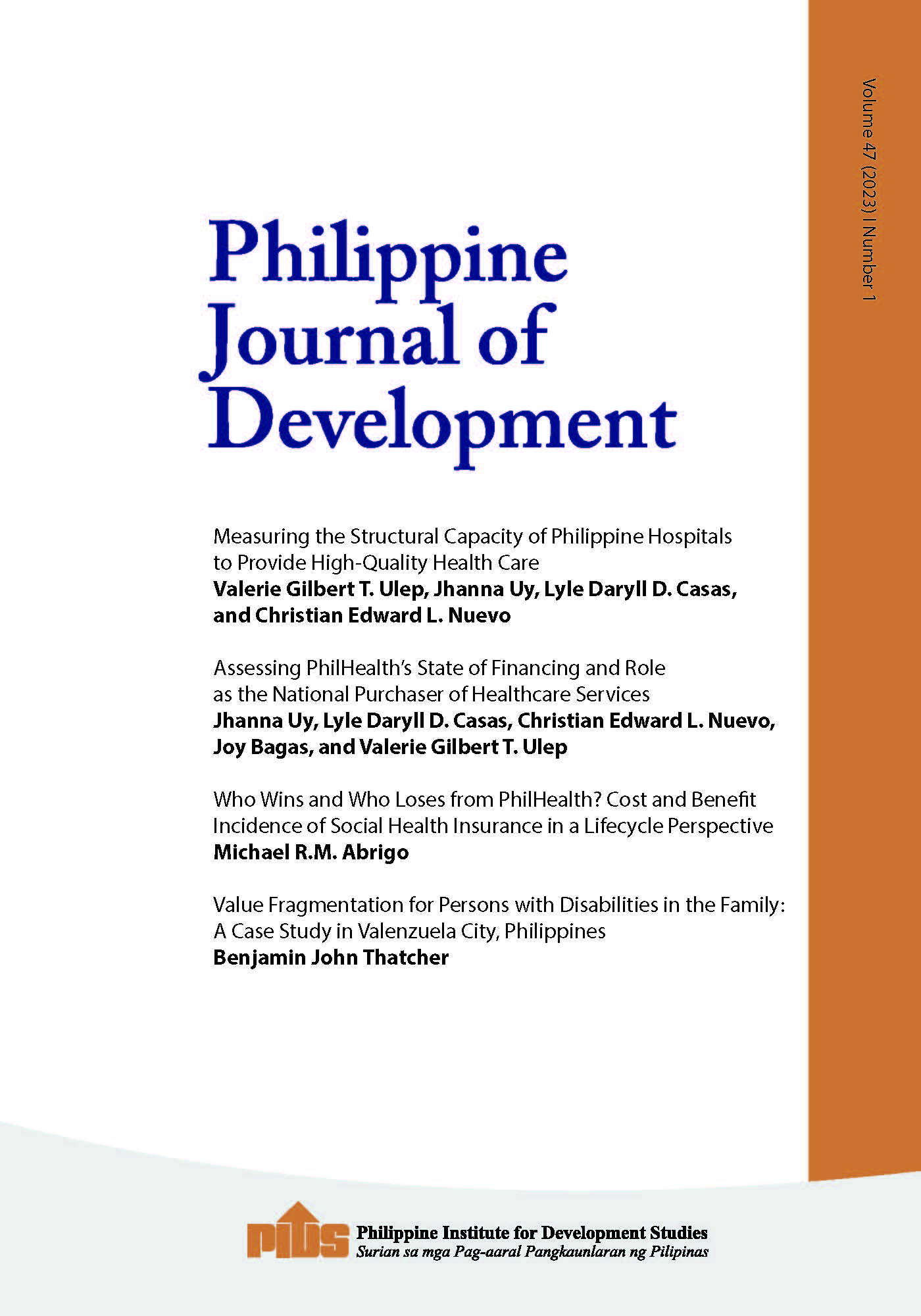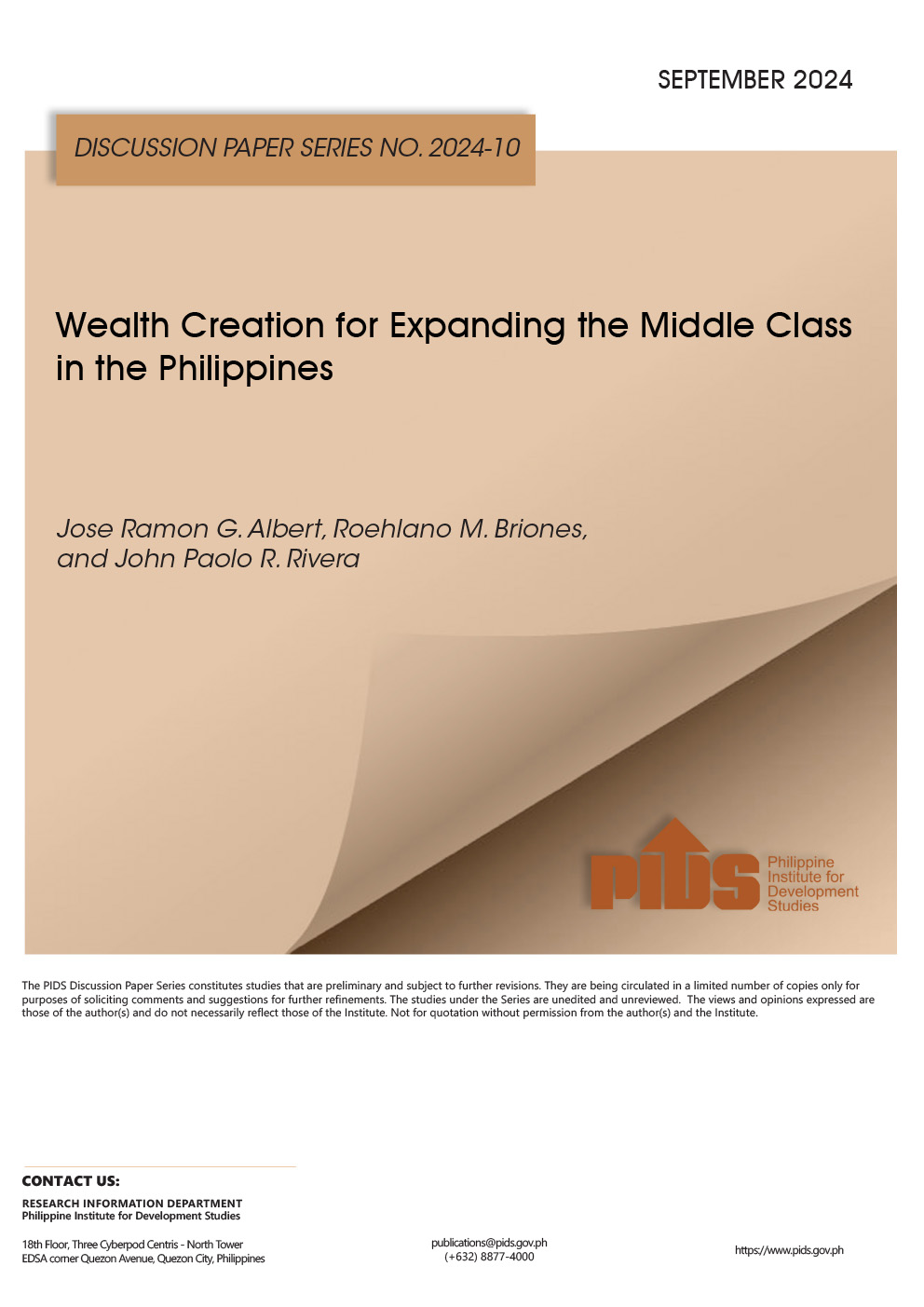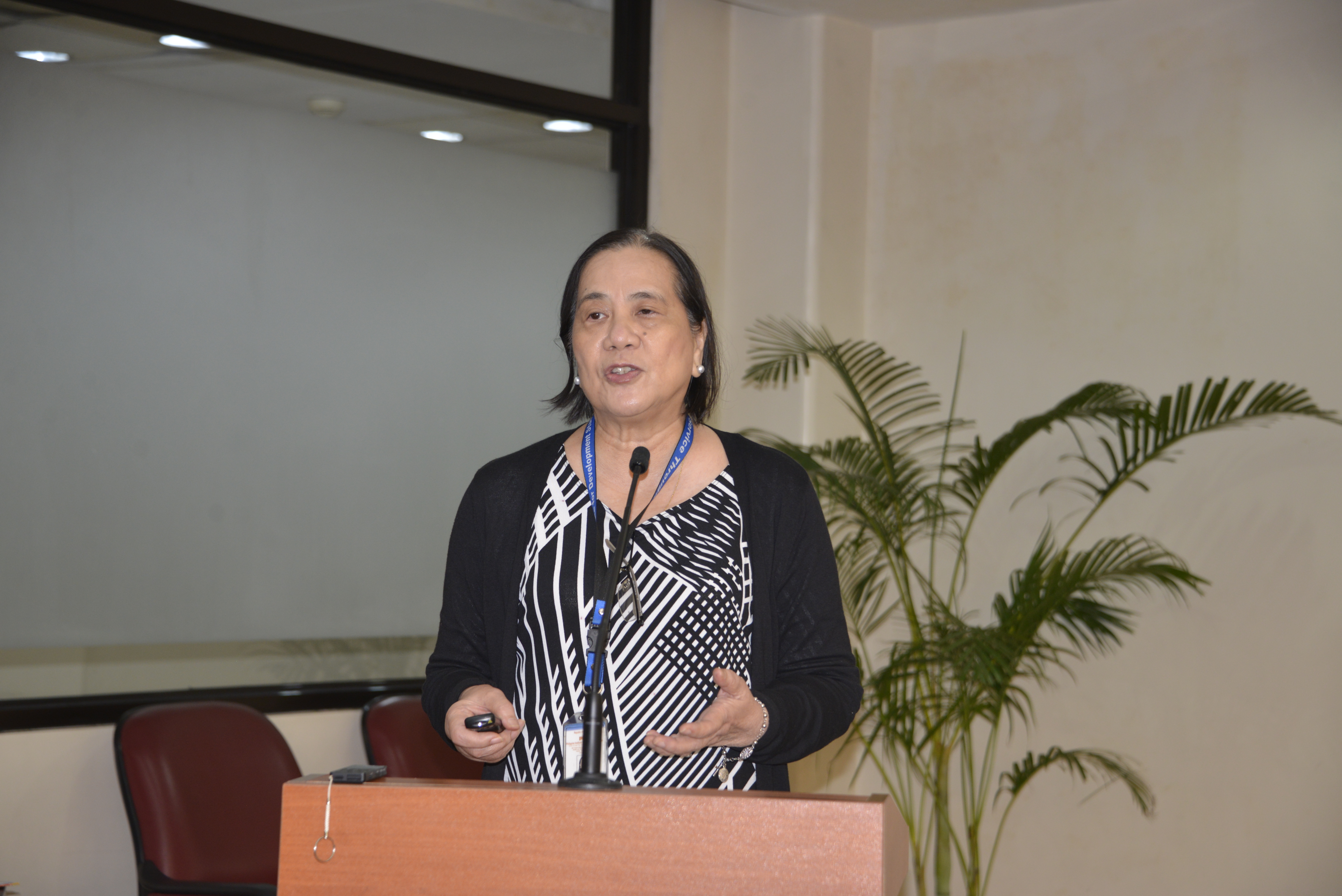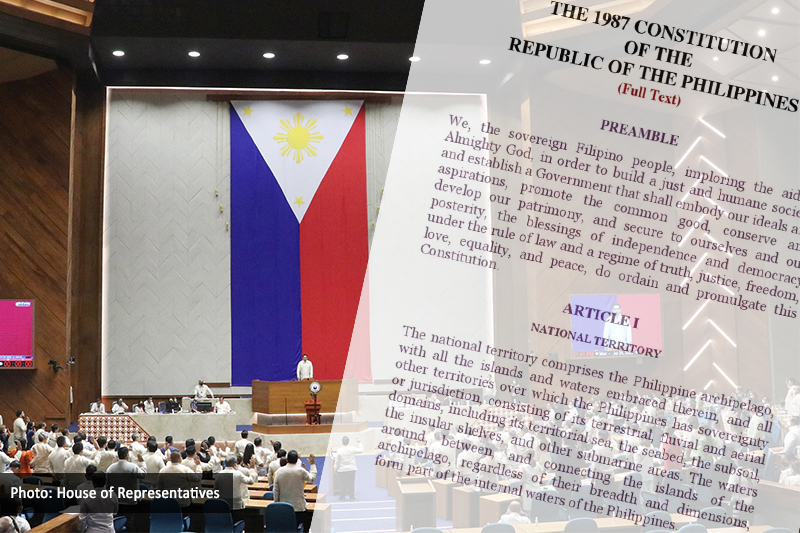It cannot be said that the federal proposal is new to the country’s political landscape. In the past, this has been discussed as a stand-alone proposal, but more often in tandem with a shift to a parliamentary form of government. Debates run from the academic to the national government-led proposals. Not one has prospered because of, among other things, the hesitancy with revising the 1987 Constitution.
The current administration, however, has thrown caution to the wind and presented via “Consultative Committee to Review the 1987 Constitution,” and the federalism-inclined “Draft Constitution for a Strong, Indissoluble Republic,” which goes further than any attempt prior.
Beyond reservations on revising the 1987 Constitution, the other question is the success of a federal set up in the Philippine context. While there is some basis to support a shift to federalism (among them, the need to break away from “Imperial Manila” and develop the rest of the country in equal measure), many experts feel that these claims are not enough to hold up the costly experiment that may come with “unintended consequences.”
Recently, and not so recently, experts have given their own versions of the “unintended consequences” of a shift to a federal form.
Former Commission on Elections Chair Christian Monsod has said, “Since federalism reflects the history, sociopolitical, economic, and cultural characteristics of its context and there are existing inequalities, it tends to serve the interest of existing dominant groups in the federated states…it may not lead to “unifying communities, but to their unraveling because self-determination has its domino effect, such as the existence of minorities within a minority.” (http://www.gmanetwork.com/news/news/nation/585840/christian-monsod-shift-to-federalism-not-necessary/story/)
UP Political Scientist Gene Pilapil specifically calls out possible “unintended consequences” along with the “dangers of overreforming,” “hyperrationality” and “excessive optimism.” He is also not keen on undertaking key reforms “at one go.” (http://news.abs-cbn.com/blogs/opinions/07/19/18/opinion-heed-this-constitutional-experts-warning)
Ateneo de Manila Political Scientist Millard Lim also sees the scenario similarly: “the federalization project, because it will entail changing the republic’s political institutions, as something that should not be taken lightly. It is a serious undertaking because it is unwise to experiment with political institutions as this makes them hollow, unstable, and ultimately not duty-worthy.”
How much will this experiment cost? The Philippine Institute for Development Studies (PIDS) estimates conservatively anywhere from P44 to 72 billion in additional costs, not counting additional costs to other departments and the judiciary. (https://www.rappler.com/nation/198040-pids-cost-shift-federalism-senate-hearing-charter-change)
Previous debates have stressed the importance of taking more prudent routes of incremental reform, or as Pilapil puts, it “sequencing of reforms based on the “un-simultaneous time horizons.”
For example, when the Charter Change debate centered on issues such as ownership of land for foreigners along with the liberalization of other features of the economy to increase foreign investments, critics pointed out that “foreign investors are more concerned with non-constitutional issues — peace and order, the remittances of their earnings, infrastructure, the consistency of government policies, sanctity of contracts, graft and corruption, pollution and traffic — and what government does to address them…the investors are concerned with ‘security of land tenure’ or the assurance that they can continuously use the land they are occupying rather than in land ownership (not necessarily land ownership).”
The current debate carries the same line of thinking on several fronts including the inclusion of the Bangsamoro region and other reform agendas that may be pursued independent of a Charter Change and shift in the form of government.
Finally, the country may also take its cue from the experience of Latin America and importing institutional models (Weyland, 2009): “As these examples suggest, the import of institutions that do not “fit” well is frequently driven by high ambition. Political actors are eager to imitate foreign models that they perceive as successful; their quest for improvement makes them downplay the internal preconditions for replicating this success.” The authors points out that “early experience with over-ambitious, problematic institutional imitation…cannot effectively fulfill their tasks, guarantee compliance from office holders and regular citizens, and reliably guide behavior.”
The article encourages the examination of two factors: “the gap between domestic experience and expertise and the availability of external ideas and models” and “the magnitude of the (perceived) institutional task matters as well…where relevant actors merely seek to modify existing institutional patterns, the perceived need for external inputs is much lower, especially because local knowledge, namely an understanding of the context of gradual reform, becomes more important.”
Maria Elissa J. Lao is an Assistant Professor of Political Science at the Ateneo de Manila University where she is currently the Director of the Institute of Philippine Culture.

